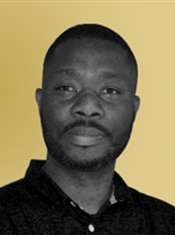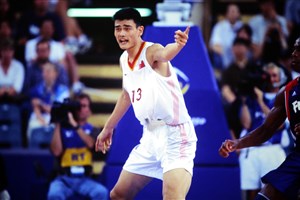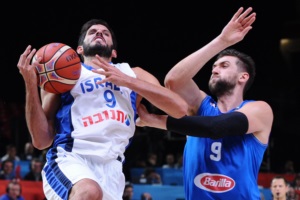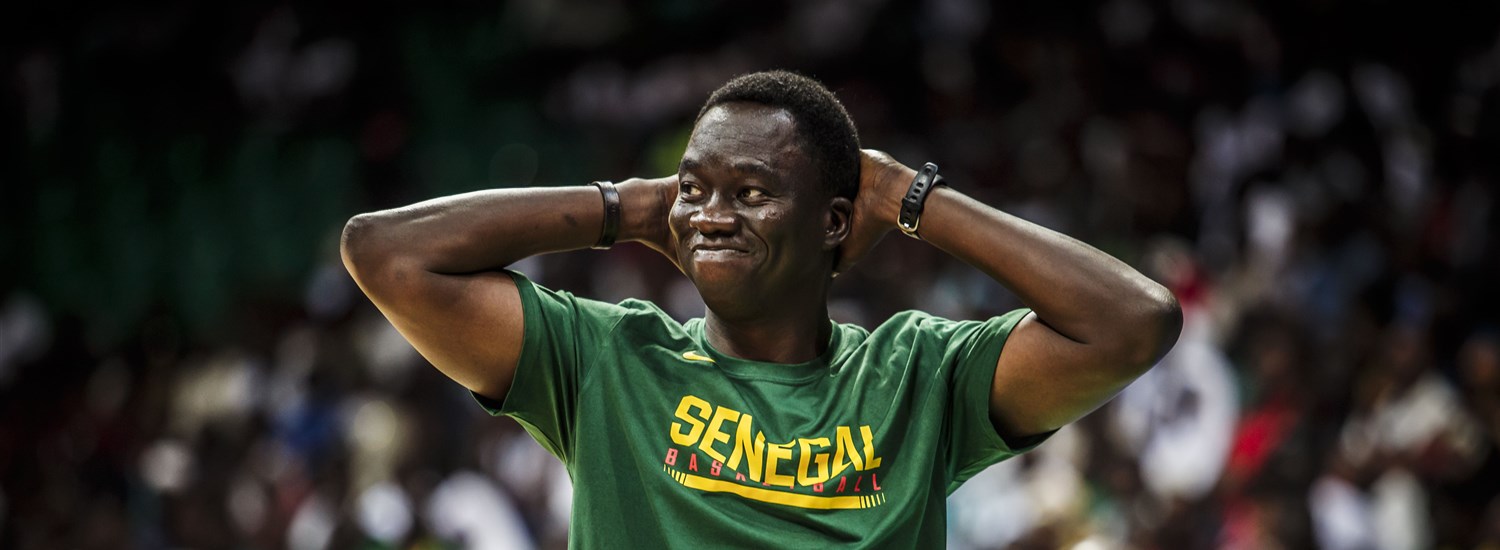
Inside the process of coaching at the highest level in African basketball (Part 1)
LEEDS (Julio Chitunda's African Message) - Coaching at the highest level in the African basketball scene is probably one of the toughest jobs in the game, but it's also an experience that some will cherish for the rest of their careers.
By coaching at the highest level in African basketball I mean coaching a national team especially at FIBA AfroBasket - FIBA Africa's flagship competition -, but also coaching at FIBA Women's AfroBasket or even FIBA Africa Clubs competitions.
From a coach who has been escorted out of the arena by the Police after being ejected - such was the case of Gabon's Thierry Bouanga during a 2015 FIBA AfroBasket game against Algeria - to Frenchman Michel Gomez who was fired by Angola midway through the 2011 AfroBasket, coaching in Africa has never been an easy ride.
To me, signing a coach to a part-time deal, which usually lasts between two to four weeks for the duration a specific tournament, can rarely produce positive results.
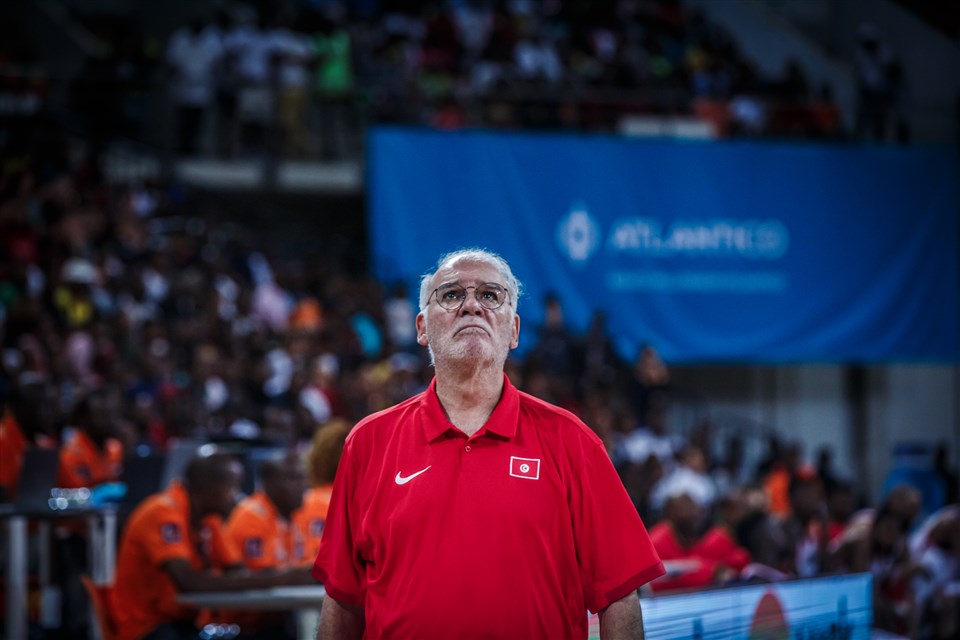 Mario Palma last coached Tunisia at 2019 FIBA Basketball World Cup in China
Mario Palma last coached Tunisia at 2019 FIBA Basketball World Cup in China
Angolan-Portuguese Mario Palma, the most successful coach in African basketball with five AfroBasket titles with two different nations (Angola and Tunisia), once said: "winning championships takes time and requires real commitment from the national federation."
In today's column I take you inside the process of coaching at the highest level in African basketball with the help of four head coaches, who I have talked to recently. They are Serbian Zejko Zecevic, Amr Aboul Kheir of Egypt, American Will Voigt of Angola and Cheick Sarr of Senegal.
This is a two-part article, and I will bring you Part 2 in my next column.
 Cheick Sarr (Senegal)
Cheick Sarr (Senegal)
Sarr has been around coaching on the continent for a number of years. Having served as an assistant coach to Senegal men's team before, he took over the team for the 2013 FIBA AfroBasket, where they finished third after upsetting hosts Cote d'Ivoire in the Third-Place Game.
A year later, Sarr led his country to the Second Round of the FIBA Basketball World Cup in Spain. And before leading Senegal to a Second-Place finish at 2019 FIBA Women's AfroBasket, he powered his country to the Second Round of the 2018 FIBA Women's Basketball World Cup.
Sarr started by acknowledging that winning at continental or world level brings investment to basketball programmes.
However, he seemed concerned with the way coaches are hired: "Unfortunately, the process of getting to the highest level is always associated with short-term deals, which means a maximum of two years contract," he said.
"The stress and exposure are the common emotions national teams coaches have to deal with because the National Federations are counting on national teams’s results at AfroBasket or World Cup as a way to secure another four-year term.
He continued: "The level of basketball level [in Africa] is still growing compared to European or Asian basketball, and only a few are those African countries where requirement in terms of infrastructures and logistics are being met."
As for the future of the game, Sarr noted that in the next five years "African [Basketball] Federations must demonstrate their abilities and willingness to implement a four-year strong system based on a strategic plan (many of them don’t have it) in order to sustain the development of the game.
"With BAL [Basketball Africa League], coaches and players must be surrounded by professional managers, and must evolve into the professional basketball league. Leadership and vision are the key elements Africa is facing because National Federations are most likely to handle the principle guidelines when it comes to managing the electing process of the board., but less is done when it comes to reevaluating coaches and players' status in a professional basis. Africa needs strong professional leagues to build and grow the game," Sarr explained.
Voigt came, saw, conquered and made history in Africa in 2015.
 Will Voigt (Angola)
Will Voigt (Angola)
Relatively unknown to many at the time of his appointment as head coach of Nigeria's D'Tigers, Voigt steered Nigeria to their first-ever African title. And, as a result, they secured automatic qualification to the 2016 Rio Olympics.
In 2017, Voigt was appointed head coach Angola men's team, who he has inspired to a 8-4 record, which was good enough to their qualification for the 2019 FIBA Basketball World Cup in China.
Voigt praised his experience of coaching in Africa. He explained: "Obviously working with athletes has been great, but also to be given an opportunity for me explore the continent, to me, that’s one of the really fascinating things as to see how diverse the cultures can be.
"I love playing national teams from different areas of the continent to see how their style of play also can in a larger sense reflects the culture as a whole. To me, it’s lot more of a blind in African basketball than what you see elsewhere, especially in Europe, for example.
"In terms of the future of African basketball, it’s really, really bright. Obviously, the BAL is gonna be a really game-changer. To have the NBA investing in the continent on that kind of level is gonna be tremendous.
"But also, you see more and more players in the NBA with African heritage, who are also giving back to the game. Whether it’s Luol Deng taking over the Federation of South Sudan, Bismack Biyombo has been investing in schools and academies, obviously Dikembe Mutombo has a long history.
"Even with us in Angola seeing Yanick Moreira coming back, and, hopefully, Bruno Fernando is in the NBA also do the same, come back and do camps and be involved.
"The more we have players from the continent finding success through basketball and be willing to give back the more it’s gonna grow. I am really excited to see where we’ll be five years from now."
Meanwhile, former coach of Egypt men's team Zejko Zecevic has led Association Sportive Sale of Morocco to a runners-up finish of the 2019 FIBA Africa Basketball League in Angola.
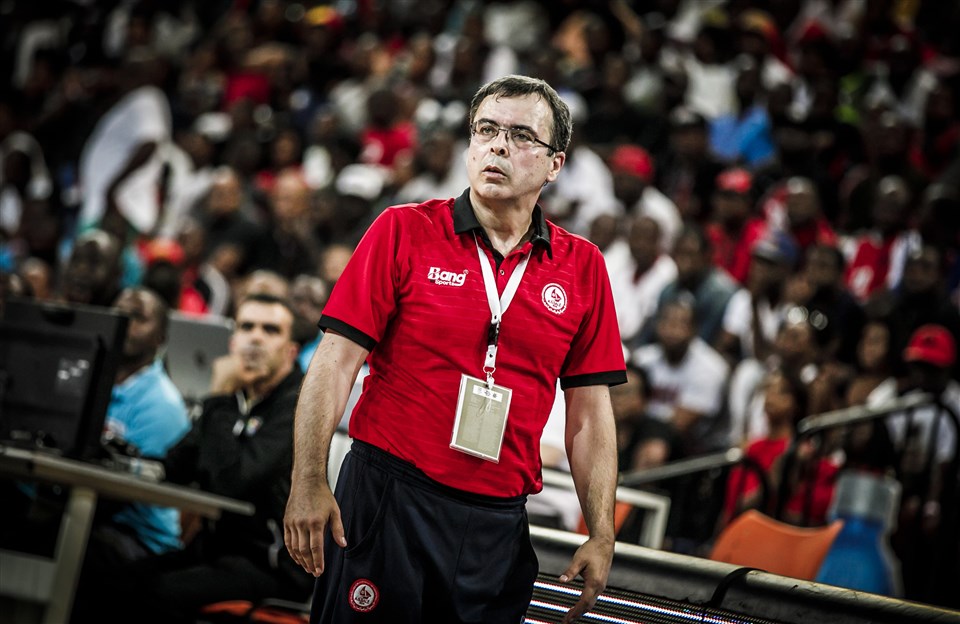 Zejko Zecevic
Zejko Zecevic
More recently, he coached Guinea's side SLAC in the BAL Qualifiers, but the Guineans failed to advance to the Second Round.
Zecevic reflected on his many years working in Africa basketball: "I am proud to have been part of a top basketball programs in Africa.
"I have always tried to give them a chance to develop their level of basketball skills. I am sad when I see the high number of talented players and good teams across the African continent, but, for a million reasons they can not make it to the most of their capabilities."
As for the future of the game, the Serbian tactician added: "New changes will be taking the game in the right direction. I feel that time for Africa has finally arrived with the huge initiative between FIBA and NBA. Something incredible and positive will happen. I wish that in the next five years there will be two continental clubs competitions and I wanna to see annual continental U16 and U18 competitions for boys and girls."
Finally, a 1988 Seoul Olympian, who has had a number of stints as head coach of Egypt men's team, Kheir has a unique definition of coaching at the highest level in Africa.
 Amr Aboul Kheir (Egypt)
Amr Aboul Kheir (Egypt)
The man who coached his country to a surprising Second-Place after staring the 2013 FIBA AfroBasket with a 0-3 says that "coaching at the highest level of basketball in Africa, basketball becomes part of your body like heart, kidney. You can not live without it."
And he couldn't be more optimistic about the future of the game in Africa: "I feel that in the next five years, African national teams will be among the top eight teams in the world.
"In the past, our dream was only to participate in the World Cup. To reach the Second Round became any Africa teams’ goal. Right now it’s feasible to say that African teams have top-8 potential. When you see a team like Mali reach reach the final of last year’s U19 World Cup, and Nigeria cause trouble to big teams in the world cup, I think that African teams can reaching the top 8 in world tournaments."
Stay tuned for Part 2 of this article.
Julio Chitunda
FIBA
FIBA's columnists write on a wide range of topics relating to basketball that are of interest to them. The opinions they express are their own and in no way reflect those of FIBA.
FIBA takes no responsibility and gives no guarantees, warranties or representations, implied or otherwise, for the content or accuracy of the content and opinion expressed in the above article
